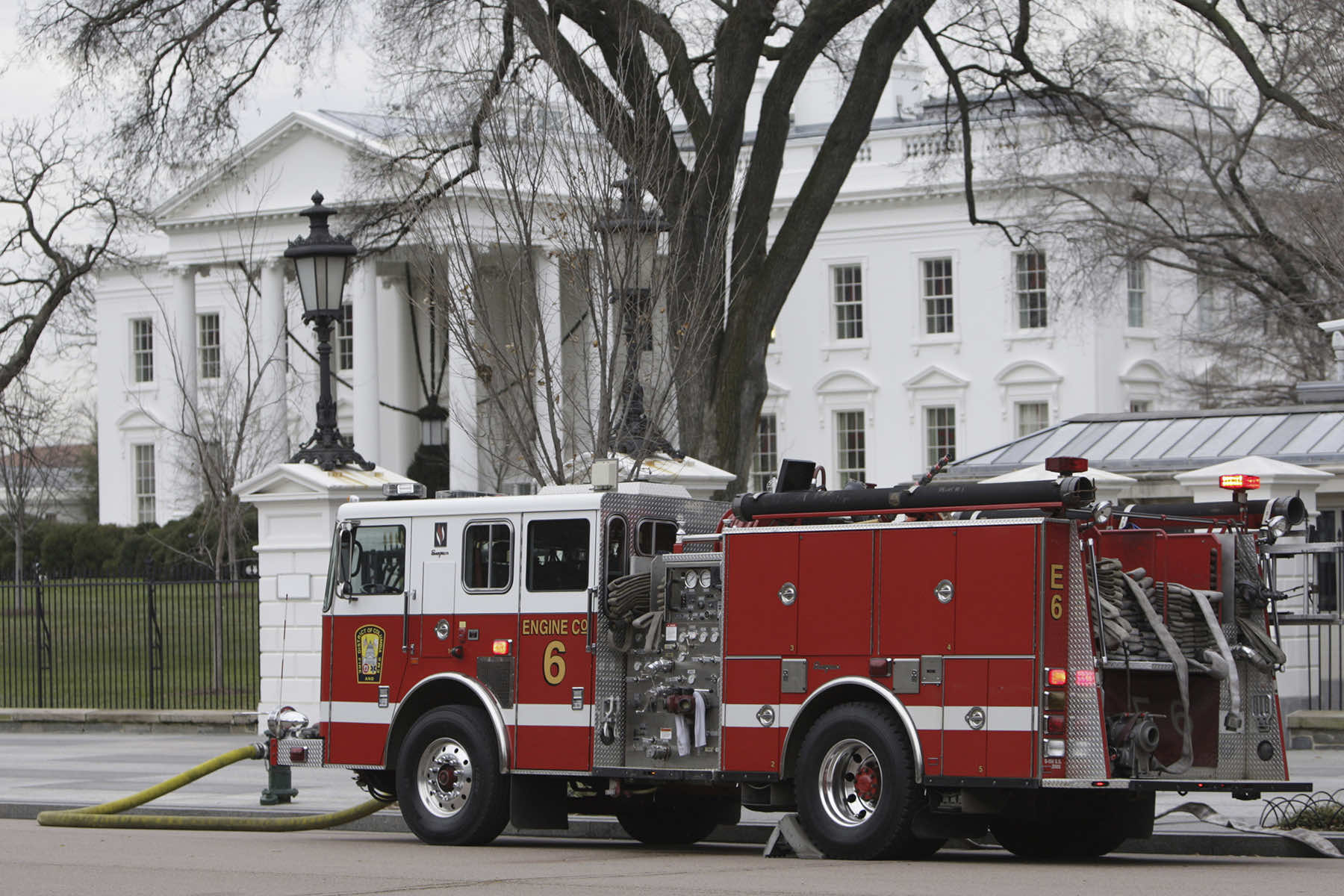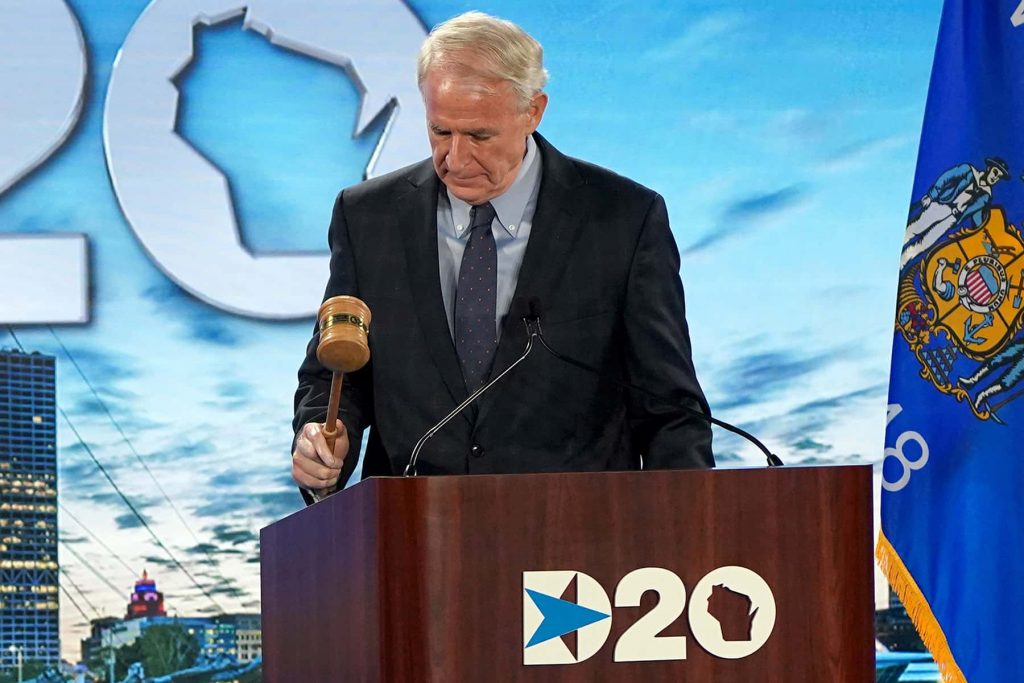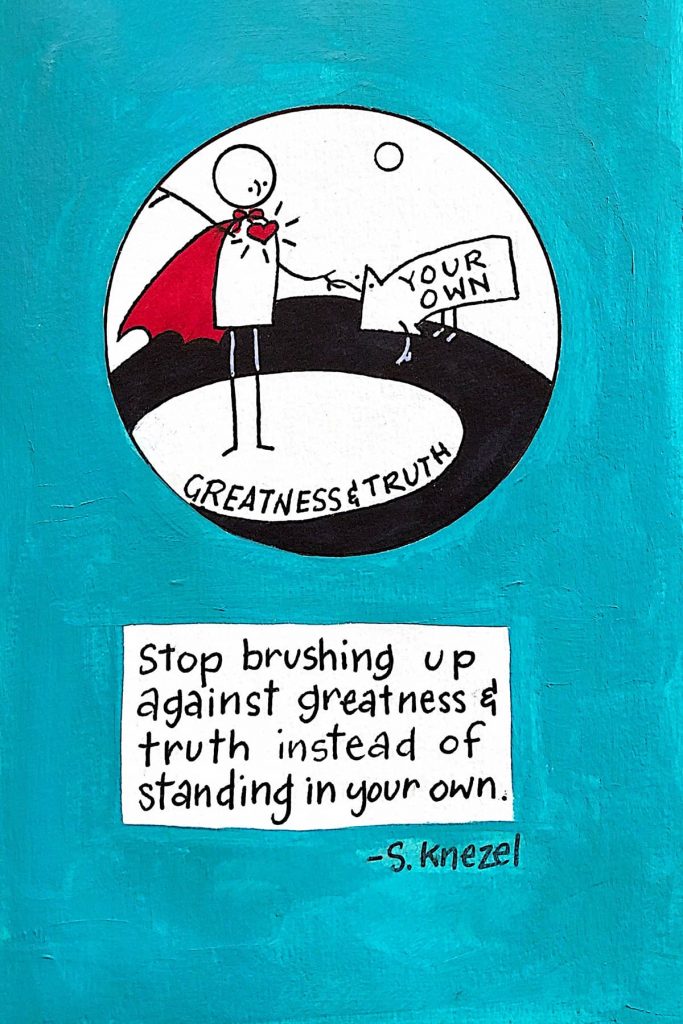
The 2024 U.S. presidential election solidified a disturbing trend in American politics, a willingness among voters to choose leaders whose policies and track records directly harm their well-being.
The phenomenon is not new, but its persistence and increasingly dire consequences require some reflection. How did America arrive here? Why do voters, especially those who stand to lose the most, continue to support candidates whose actions lead to destruction, division, and personal suffering? And what lessons must we learn from this cyclical self-sabotage?
2016: TRUMP’S VICTORY AND THE “ANOMALY” THAT WAS NOT
In 2016, Donald Trump’s election was often described as an anomaly — an unpredictable outburst of populist anger. But it was anything but random. His rise exploited long-standing discontent among many Americans, particularly privileged White voters who felt their power begin to wane after decades of dominating society. They were also fed the false right-wing narrative of being left behind in a rapidly changing economy and society.
Those grievances, stoked by misinformation and fearmongering, enabled a reality TV personality with no political experience to capture the White House. For many minority communities and progressive voters, the victory was shocking but it was understandable through the lens of a divided and unequal nation.
2024: A CONSCIOUS CHOICE IN THE FACE OF CONSEQUENCES
Fast forward to 2024. After years of scandal, a deadly mishandling of the COVID-19 pandemic, and an attempted coup on January 6, Trump’s reelection represented not a fluke but a deliberate choice by millions of Americans.
Unlike in 2016, voters could not claim ignorance. They knew the consequences of voting for Trump and what he represented. At stake was the expectation of more lives being lost, democratic institutions threatened, and communities torn apart. Yet many Americans, frustrated by inflation or fearful of cultural shifts, prioritized their immediate grievances over long-term consequences.
Rising grocery prices and other economic pressures are genuine concerns, but they often dominate voters’ minds to the exclusion of larger systemic issues like climate change, healthcare, or democratic stability. Politicians like Trump exploit this by offering simplistic, emotionally resonant solutions, even if those solutions worsen systemic inequality.
The influence of partisan media cannot be overstated. Millions of Americans consume news tailored to their beliefs, reinforcing narratives that scapegoat minorities, immigrants, and popular progressive policies for systemic problems. These echo chambers obscure the direct harm caused by policies enacted under leaders like Trump.
THE BALKANIZATION OF AMERICAN POLITICS
United States politics in 2024 resembles a fractured map, increasingly defined by ideological, cultural, and regional divides. The “Balkanization,” a term drawn from the historic fragmentation of the Balkan Peninsula, describes how partisanship and tribalism have splintered the country into competing factions, leaving little room for unity or compromise.
As a result, many Americans are focused on trivial or symbolic actions while ignoring urgent crises. The expression is referred to as “making the bed in a house on fire.” It highlights a failure to prioritize critical issues instead of wasting energy on partisan battles or performative gestures.
VOTING AGAINST ONE’S OWN INTERESTS
The story of Roberto Beristain, an undocumented immigrant deported during Trump’s first term, offers a cautionary tale of what to expect from Trump’s second regime. Beristain had built a life in the United States, owning a beloved restaurant and contributing to his community.
His wife, Helen Beristain, publicly supported Trump in 2016, believing his immigration policies would target “criminals.” She was mistaken. Her husband Roberto was deported, and the community’s outrage flared briefly before fading into silence.
Helen’s support originated in the human tendency to view systemic issues through a narrow, personal lens. For her, Trump’s policies were acceptable until they impacted her directly. Her assumption, that her family was immune to the consequences of policies targeting others, mirrors a broader societal tendency to prioritize personal or immediate concerns over collective responsibility.
That myopia is compounded by disinformation. Trump and his allies have cultivated an ecosystem of propaganda that reframes harmful policies as necessary sacrifices for the greater good. Many Americans were persuaded that deportations like Beristain’s were part of restoring “law and order,” even as these actions tore families apart and weakened communities.
The community’s response to Roberto Beristain’s deportation reflects another troubling dynamic, the ephemeral nature of collective outrage. When injustices occur, public outcry often erupts but is rarely sustained. The initial outrage over Beristain’s deportation gave way to resignation and silence. That pattern has repeated across many issues, whether police violence, environmental disasters, or attacks on democracy.
The collective forgetfulness has profound consequences. It allows those in power to evade accountability and repeat harmful actions with impunity. It also isolates those who suffer most from these policies, leaving them without the solidarity needed to fight back.
THE ALLURE OF THE ILLUSION OF CONSERVATISM
While Trump’s policies disproportionately harm minorities, a significant minority of these groups still support him. Reasons vary, some are drawn to his rhetoric on religion and social conservatism, while others believe in his promises of economic growth. These voters, like many Americans, often underestimate the broader implications of his leadership.
To move forward, all Americans must confront the deeper roots of their political dysfunction. Education is critical. A well-informed electorate, equipped with critical thinking skills, is less likely to fall prey to disinformation or short-term thinking. But the 2024 election showed that a majority of Americans are unwilling to make such an effort, and will not equate their actions to the suffering their choices created.
But most importantly, Americans must cultivate a culture of sustained accountability. Outrage must be transformed into action, and collective memory must be preserved. Voters must recognize the long-term consequences of their choices and resist the temptation of short-term fixes.
Without a fundamental shift in how Americans engage with politics, the cycle of self-destruction will continue. And the nation has chosen to remain trapped in that cycle, under the delusion that is charting a better path forward. As the old saying goes, “The road to hell is paved with good intentions.” The willingness to re-elect Trump shows how many Americans are intent on building a highway to get there faster.
© Image
Ron Edmonds (AP) and Dall-E














